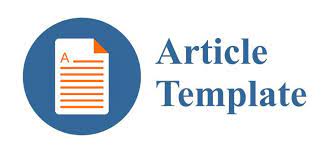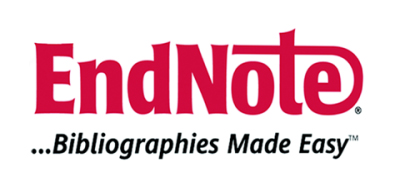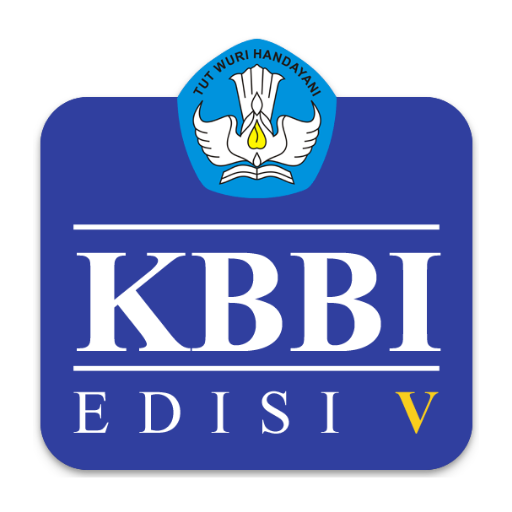PENGUATAN CIVIC LITERACY SEBAGAI PENCEGAHAN HOAX PADA MAHASISWA
DOI:
https://doi.org/10.36706/jbti.v11i1.22Keywords:
Literasi Kewarganegaraan, Berpikir Kritis, HoaksAbstract
Perkembangan teknologi menimbulkan dua dampak yaitu dampak positif dan dampak negatif. dampak negatif yang dari perkembangan teknologi salah satunya adalah mudahnya berita bohong atau hoax yang tersebar. Pendidikan kewarganegaraan menjadi sarana paling tepat dalam pengembangan karakter yang berkaitan dengan materi kehidupan berbangsa dan bernegara khususnya mengenai penyebaran informasi bohong (hoax). Critical thinking melalui penguatan civic literacy di era digital perlu dibangun sebagai upaya untuk melakukan filterisasi hoax dan berita palsu yang terjadi di masyarakat. Penelitian ini menggunakan metode studi kualitatif dimana riset yang dilakukan bersifat deskriptif dan cenderung menggunakan analisis dengan pendekatan induktif. Hasil dari penelitian ini adalah civic literacy merupakan sesuatu yang urgen untuk di miliki oleh seseoran di era digital Adapun penguatan civic literacy dapat dilakukan melalui 4C yaitu critical thinking, collaboration, communication, dan creativity. Penguatan civic literacy ini juga akan memberikan dampak terbentuknya good and smart citizens yang mampu mengkonfirmasi serta melakukan filterisasi berita bohong atau hoax.
Technological developments have two impacts, which are positive impacts and negative impacts. one of the negative impacts of technological developments is the spread of fake news or hoaxes. Civic education is the most appropriate means of character development related to the material of the life of the nation and state, especially regarding the spread of false information (hoaxes). Critical thinking through strengthening civic literacy in the digital era needs to be built as an effort to filter hoaxes and fake news that occur in society. This research uses a kualitative study method where the research conducted is descriptive and tends to use analysis with an inductive approach. The result of this research is that civic literacy is something urgent to be possessed by someone in the digital era. The strengthening of civic literacy can be done through 4C, such as critical thinking, collaboration, communication, and creativity. Strengthening this civic literacy will also have an impact on the formation of good and smart citizens who are able to confirm and filter fake news or hoaxes.
Downloads
References
Aoun, J. E. (2017). Robot-proof: higher education in the age of artificial intelligence. MIT press.
Badke, W. (2018). Fake News, Confirmation Bias, the Search for Truth, and the Theology Student. Theological Librarianship, 11. https://doi.org/10.31046/tl.v11i2.519
Dewey, J. (2008). In JA Boydston (Ed.), John Dewey: The middle works, 1899-1924, volume 9: 1899–1924: Democracy and education, 1916. Carbondale: Southern Illinois University Press.(Original Work Published in 1916).
Elms, M. (2001). A lesson in citizenship. UNICEF. NY.
Erstad, O. (2015). the Creative Commons CC-BY-NC-SA 4.0 License (http:// creativecommons.org/licenses/by-nc-sa/4.0/ Educating the Digital Generation Exploring Media Literacy for the 21st Century. www.idunn.no.
GEARON, L. (2003). Learning to Teach Citizenship in the Secondary School (London, RoutledgeFalmer).
Gilster, P., & Glister, P. (1997). Digital literacy. Wiley Computer Pub. New York.
Hébert, Y., & Sears, A. (2001). Citizenship Education.
Keegan, P. (2021). Critical affective civic literacy: A framework for attending to political emotion in the social studies classroom. Journal of Social Studies Research, 45(1), 15–24. https://doi.org/10.1016/j.jssr.2020.06.003
Kemdikbud, L. (2013). Kurikulum 2013: Pergeseran paradigma belajar abad-21. Jakarta, Juni.
Maizul Habibah, S. (2021). Global Citizenship Education; A Framework of Civic Literacy in Indonesia.
Mascheroni, G., & Murru, M. F. (2014). Digital literacies and civic literacies: Theoretical issues, research questions and methodological approaches. Medijska Istraživanja: Znanstveno-Stručni Časopis Za Novinarstvo i Medije, 20(2), 31–53.
Mcdougall, J. (2019). Media literacy versus fake news: critical thinking, resilience and civic engagement. Media Studies, 10(19), 29–45.
Mezhova, M. (2012). Civic literacy in the space of intercultural communication.
Nanda, V. S., & Budimansyah, D. (2020). Strengthening of Digital Media Literacy-Based Character Education on Hoax News Spreading to Students (Case Study on Citizenship Education Learning in SMP Negeri 2 Bandung). Journal of International Conference Proceedings (JICP), 3(1), 283–290.
Ningtias, Y. P. (2021). Critical Thinking as Citizen’s Intellectual Skills in Facing Hoax on Social Media. Proceeding of the 1st International Conference on Social Sciences and Education, 376–384.
Salpeter, J. (2008). 21st Century Skills: Will Our Students Be Prepared?. Tech & Learning.
Saputri, R. A., Triyanto, & Winarno. (2019a). Using critical multiliteracy learning in developing students’ civic literacy in the industrial era 4.0 education. AIP Conference Proceedings, 2194(1), 020111.
Saputri, R. A., Triyanto, & Winarno. (2019b). Using critical multiliteracy learning in developing students’ civic literacy in the industrial era 4.0 education. AIP Conference Proceedings, 2194. https://doi.org/10.1063/1.5139843
Schulz, Wolfram., & International Association for the Evaluation of Educational Achievement. (2010). Initial findings from the IEA international civic and citizenship education study. IEA.
Thomashow, M. (1996). Ecological identity: Becoming a reflective environmentalist. Mit Press.
Vygotsky, L. S., & Cole, M. (1978). Mind in society: Development of higher psychological processes. Harvard university press.
Westbrook, R. B. (1991). John Dewey and American Democracy, Cornell University Press. Ithaca, NY.
Zed, M. (2008). Metode penelitian kepustakaan. Yayasan Pustaka Obor Indonesia.
Downloads
Published
How to Cite
Issue
Section
License
Copyright (c) 2024 Muhammad Yogi Guntoro, Sudiyo Widodo

This work is licensed under a Creative Commons Attribution-NonCommercial-ShareAlike 4.0 International License.



__.png)
















